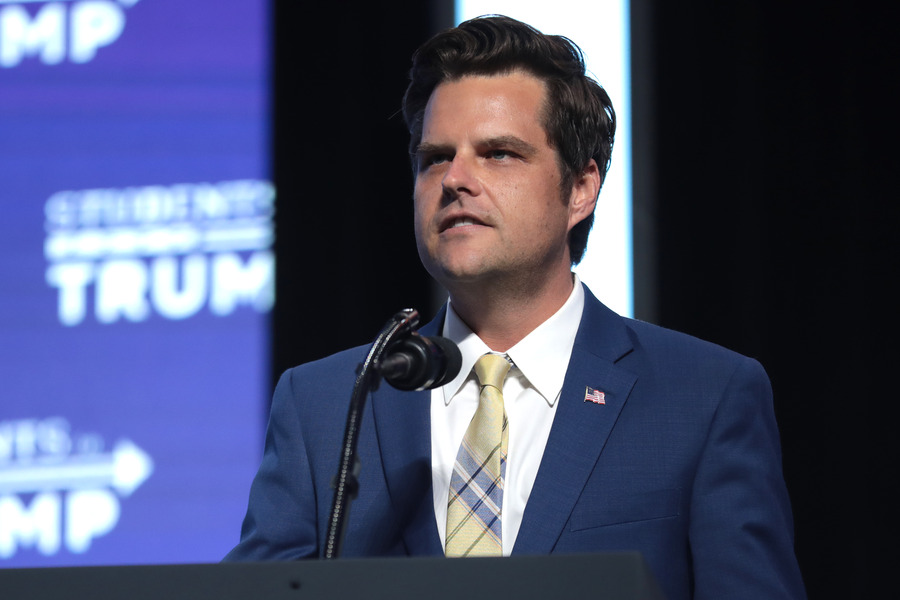Labor Relations and Chemical Security
You wouldn't think that labor relations were related to chemical security, but they are (or at least they may be). The security of our chemical facilities is governed by the CFATS -- the Chemical Facility Anti-Terrorism Standards (6 CFR Part 27). CFATS are promulgated by DHS pursuant to Section 550 of the Department of Homeland Security Appropriations Act of 2007, which authorized the program. Savvy readers will understand that an authorization through an appropriations act is unusual ...
Published by The Lawfare Institute
in Cooperation With

You wouldn't think that labor relations were related to chemical security, but they are (or at least they may be). The security of our chemical facilities is governed by the CFATS -- the Chemical Facility Anti-Terrorism Standards (6 CFR Part 27). CFATS are promulgated by DHS pursuant to Section 550 of the Department of Homeland Security Appropriations Act of 2007, which authorized the program. Savvy readers will understand that an authorization through an appropriations act is unusual ... and hence a move has been afoot to make the CFATS program permanent. In July 2014, the House passed the Chemical Facility Anti-Terrorism Standards Program Authorization and Accountability Act of 2014 (H.R. 4007) by a voice vote. The bill would make permanent DHS’s authority to regulate security at chemical facilities in the United States.
Action is now pending in the Senate, where, I am told, leaders are trying to hotline an authorization bill. One sticking point will be the effort by organized labor to secure a seat at the CFATs table. Here is the internal Republican argument in favor of making the concessions requested:
Permitting Limited Involvement of Workers and Labor Representatives with Security Expertise — After HSGAC reported the bill out, several labor representatives met with Senate leadership threatening a hold on the bill unless labor interests were adequately represented. This draft would make the minimum necessary concessions to them to keep from getting a hold. Those are: worker involvement (§ 2102(b)(2)), making clear that CFATS doesn’t affect bargaining agreements (§ 2102(d)(2)(C)(ii)), and requiring facilities to accept any valid credential from an employee to meet the terrorist screening element of CFATS personnel surety (§ 2102(d)(2)(B)(i)(II)(aa)). These provisions, although concessions for our side, are the minimum necessary to pass a bill; they are sharply limited. For example, through negotiations with labor and the private sector, the worker involvement provision has been conditioned as required “to the greatest extent possible,” restricts involvement to only one worker (and one union rep if applicable), and requires those workers have relevant security expertise, which is left to the judgment of facility management. In the case of the requirement to accept any valid credential, Senator Carper and Senator Coburn have added a savings clause at the request of the private sector, making clear that nothing prevents a facility from maintaining its own policies about access to restricted areas or critical assets. (§ 2102(d)(2)(C)(i).)I suspect the hotline will fail -- now is not a likely time for Republican Senators to agree to a new labor role in national security. But we shall see.
Paul Rosenzweig is the founder of Red Branch Consulting PLLC, a homeland security consulting company and a Senior Advisor to The Chertoff Group. Mr. Rosenzweig formerly served as Deputy Assistant Secretary for Policy in the Department of Homeland Security. He is a Professorial Lecturer in Law at George Washington University, a Senior Fellow in the Tech, Law & Security program at American University, and a Board Member of the Journal of National Security Law and Policy.


-(1).jpeg?sfvrsn=143eb65_5)
.jpg?sfvrsn=d5e57b75_5)

